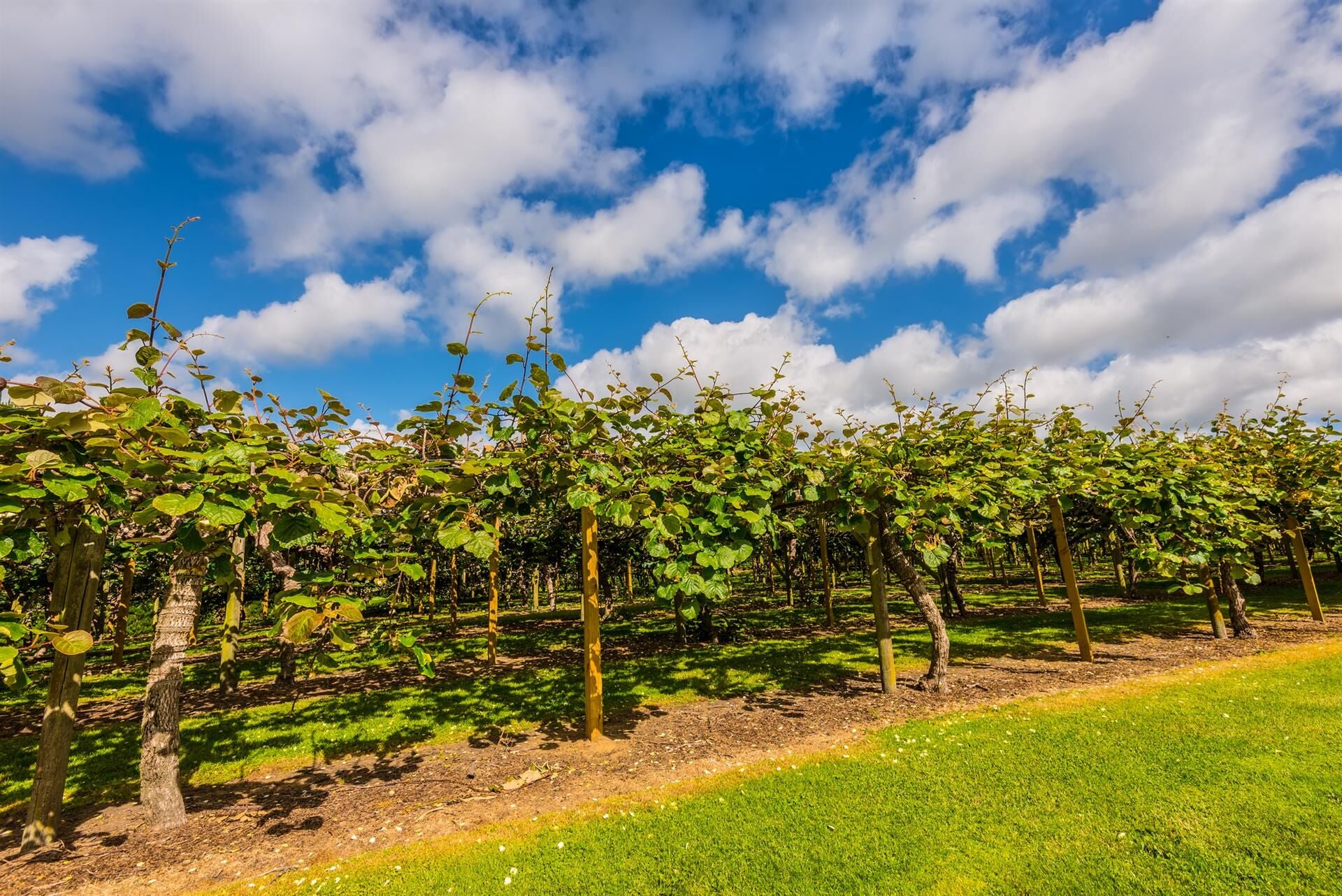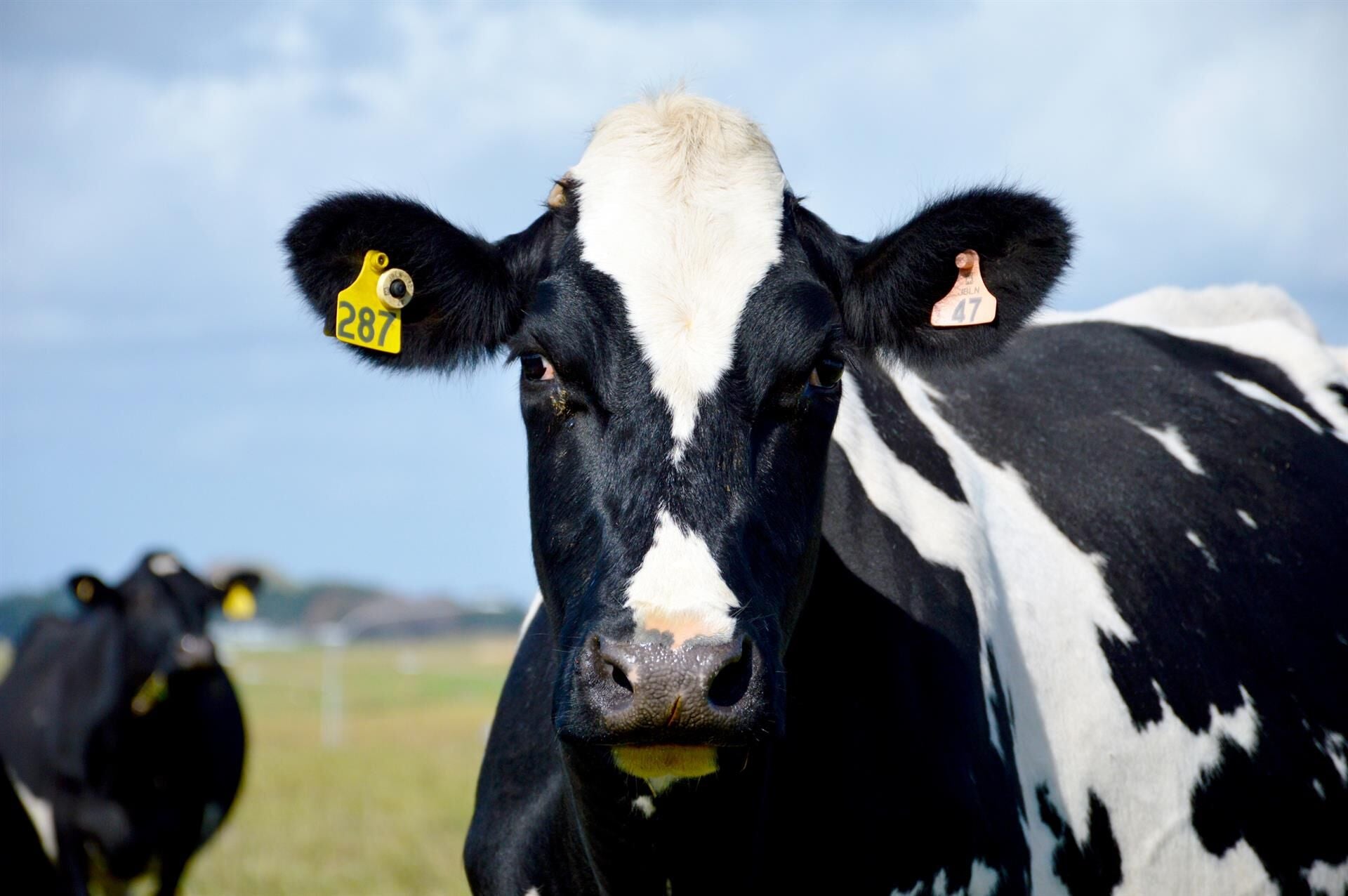
The primary sector’s response to the Covid-19 crisis over the past weeks has set it up well for the uncertain future ahead, and offers some opportunities that will be welcome by many in those sectors that have been hit hard by the global pandemic.
When New Zealand went into lockdown on March 25 the government’s practical acknowledgement of the need for the farming sector to continue operating as normal as possible was welcome. Now, as the country hopes to emerge to something closer to ‘normal’ the sector can quietly celebrate some wins over a particularly trying time.
Latest export figures covering part of the lockdown period from February 1 to late April highlight that primary exports pulled in nearly $8.2 billion over that time, a whopping $800 million more than the same period two years ago.
That figure included a healthy $6.2 billion of dairy exports and $890 million in fruit.
The figures had agriculture minister Damien O’Connor supporting the sector’s potential for pulling the economy out of a dire position.
“The latest provisional trade statistics show our apples and kiwifruit continue to be star performers, with $890 million of fruit exported between February 1 and April 22,” he said.
Investor attention is turning to the primary sector and the starring role it is likely to play in the coming months and years in the recovery. While always regarded as a key plank in New Zealand’s export earnings, this has been accentuated with the loss of tourism, a sector earning about $12 billion a year.
Investor attention is turning to the primary sector and the starring role it is likely to play in the coming months and years in the recovery.
Bayleys Bay of Plenty lifestyle and country sales manager Matt Clutterbuck says he is getting strong enquiry from investors and orchard operators wanting to expand their kiwifruit holdings. This season’s performance has the sector viewed as well positioned with a strong brand, good marketing, distribution and appealing returns.
The sector recovered well from Psa and has responded well to the Covid-19 crisis, continuing to process fruit and ship to market.
“People are seeing this performance and we are getting more enquiry than ever for quality orchards throughout the region,” he says.
Zespri’s latest update on the sector is looking positive after nervousness early in the lockdown about how it would be able to harvest a bumper crop with the social distancing constraints laid down.
However, by early May packhouse processing was running well ahead of previous years. Zespri reported it had shipped 32 million trays by the end of April, up more than 4 million trays on last year and almost 12 million trays ahead of 2018. This is coming with a crop that is estimated to be 5% ahead of last year’s.
Meantime the forestry sector which took an early hit from Covid-19’s effect on China has had a healthy recovery as work gets going again under level 3.
Wharf space and stockpiles that were constraining shipments to China have been dealt with, ports in New Zealand are into full processing mode and prices are again looking buoyant in the log market.
Dairying prospects are also looking healthy heading into the start of a new season. Food service sales were hit hard by the Covid-19 lockdown in China’s big cities, but provinces are on the road to recovery as those restrictions ease, with Fonterra anticipating sales tonnages will return close to normal over May and June.
Underscoring the positive prospects is the need to get more people engaged in the primary sector. Dairying, horticulture and forestry are all seeking more workers for seasonal and longer-term jobs in the sector. Covid-19 has further sharpened that need, with many migrant workers unable to make it to New Zealand for their seasonal jobs like pruning and harvesting.
Damien O’Connor said there was no shortage of demand over the coming year for more workers and that New Zealand needed a skilled workforce to help the country seize the opportunities before it.
Estimates were that the primary sector needed about 50,000 more people in a post Covid-19 world.
Bayleys national director rural Duncan Ross says the enduring value of primary sector investment is more appealing than ever in a global environment where interest rates are near zero, and stock markets are wracked with volatility and uncertainty.
Bayleys national director rural Duncan Ross says the enduring value of primary sector investment is more appealing than ever in a global environment where interest rates are near zero, and stock markets are wracked with volatility and uncertainty.
“There is a recognition there that investment in solid primary sector assets that generate definitive yearly returns are a good place to be, and New Zealand with its high standards of production and biosecurity has suddenly become an even more appealing place to be invested in and working within.”
